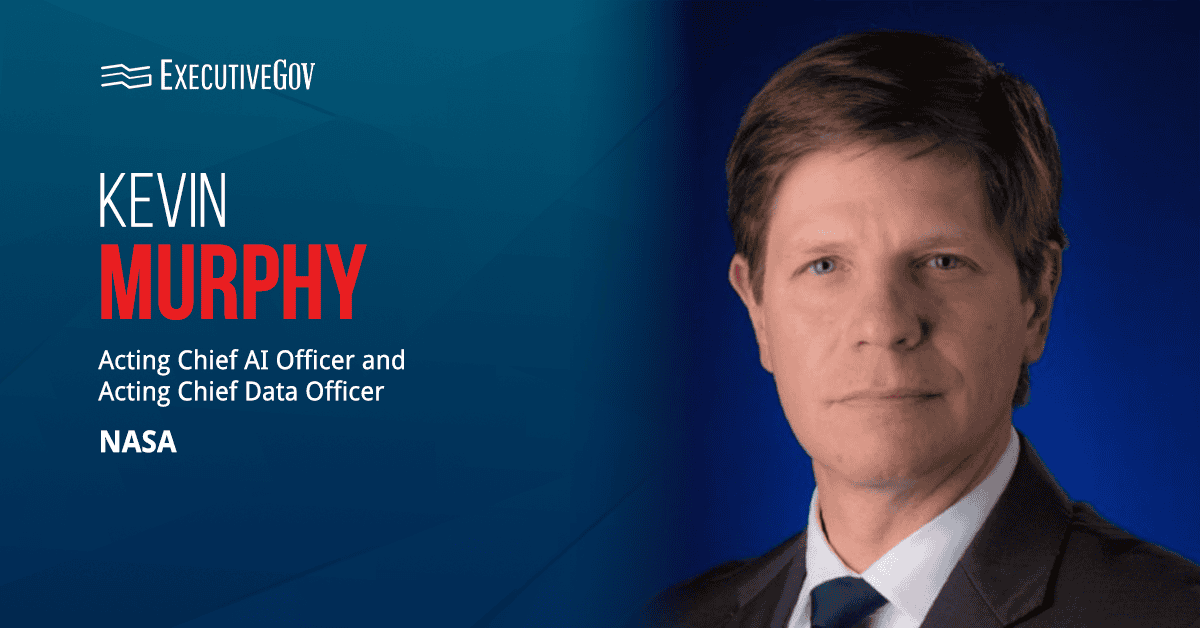Reps. Bill Foster, D-Ill., John Katko, R-N.Y., Barry Loudermilk, R-Ga., and Jim Langevin, D-R.I., have introduced a bill to bolster the security of digital identities in the U.S. Improving Digital Identity Act would develop ways to securely verify digital identities and create a homeland security program through which states could update identity credential systems, Foster's office said Friday.
The bill would also task the National Institute of Standards and Technology (NIST) to release guidance on how agencies can enhance the security of digital identity verification services.
“With over two decades in the IT sector, I know this legislation will help protect hardworking Americans and make it harder for criminals to exploit and steal identities and hard-earned money,” Loudermilk said.





